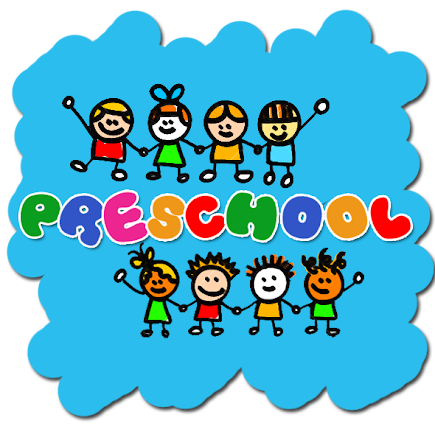- Cognitive Development - According to Jean Piaget, there are four major stages of cognitive development:
- Sensorimotor Stage. This stage occurs between the ages of birth and two years of age.Sensorimotor (infancy): During this stage, which includes six distinct substages, intelligence is demonstrated through motor activity with limited use of symbols, including language; the infant’s knowledge of the world is primarily based on physical interactions and experiences.
- Preoperational Stage. The second stage occurs between the ages of 2 – 7 years. During this stage, intelligence is increasingly demonstrated through the use of symbols; memory and imagination are developed as language use matures; thinking is nonlogical, nonreversible, and egocentric.
- Concrete Operations Stage. Occurring between ages 7 and about 12 years. During this stage—characterized by conservation of number, length, liquid,mass, weight, area, volume—intelligence is increasingly demonstrated through logical and systematic manipulation of symbols relating to concrete objects; thinking is operational, reversible, and less egocentric.
- Formal Operations Stage. The final stage of cognitive development (from age 12 and beyond). During this final stage, intelligence is demonstrated through the logical use of symbols related to abstract concepts; thinking is abstract, hypothetical, and early on, quite egocentric; it is commonly held that the majority of people never complete this stage.
- Emotional Development - Concerning children's increasing awareness and control of their feelings and how they react to these feelings in a given situation.
- Social Development - Concerning the children's identity, their relationships with others, and understanding their place within a social environment

